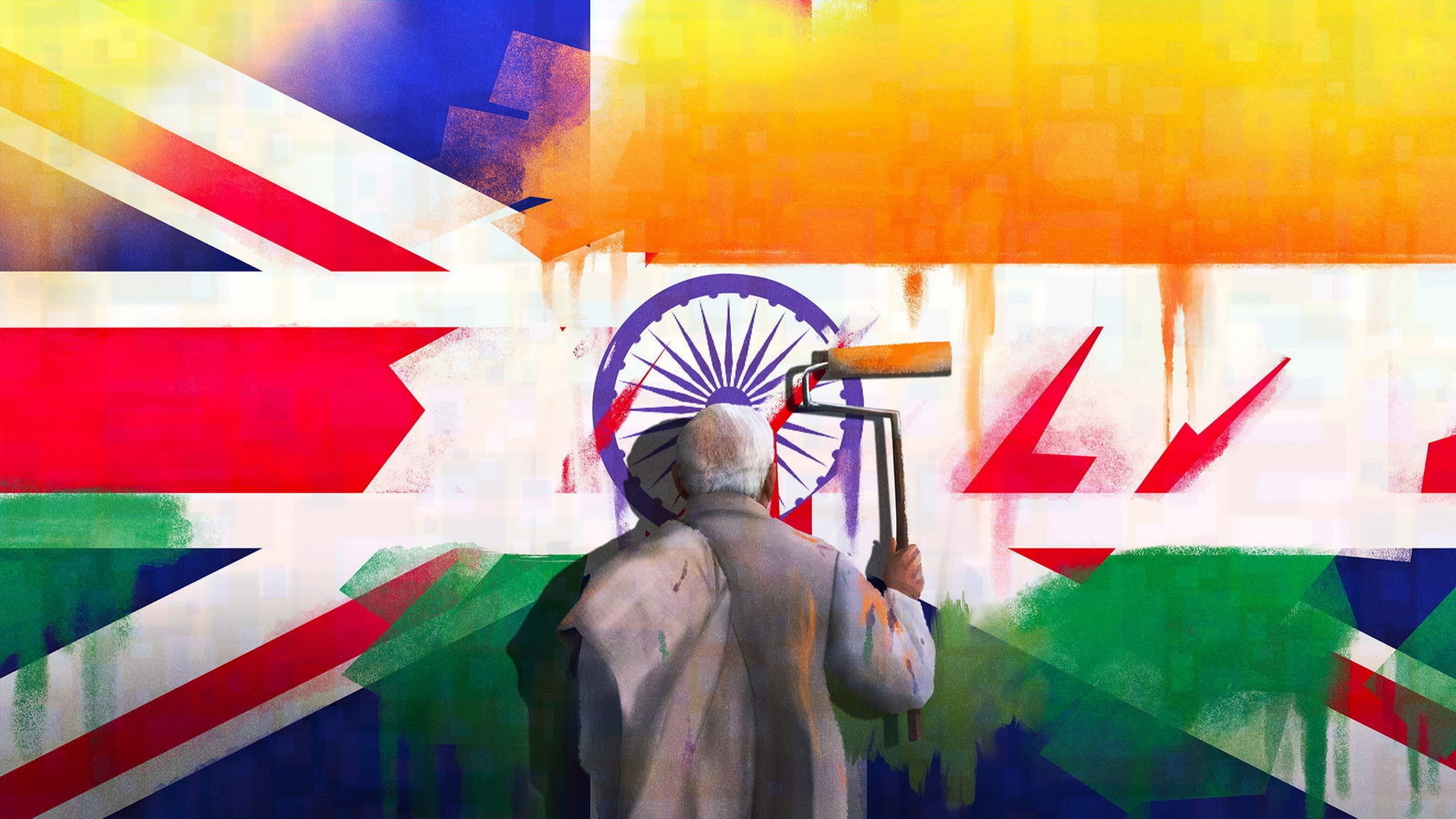
Receive free Populism updates
We’ll send you a myFT Daily Digest email rounding up the latest Populism news every morning.
How much should adults lie to children? For the majority of parents, the answer is seldom “not at all”. Instead, it is an issue that they — and all those around them — have to navigate on a case-by-case basis.
Some of these lies are about metaphysics (what happens to us when we die, for example) and some of them are about the past. Many people’s parents present a sanitised account of how they met, at least at first.
These domestic untruths are part of why pooled family holidays so often end in disaster: differing levels of candour about what exactly happened to the pet hamster and how babies are made can sometimes explode into unexpected points of tension during a shared getaway in even the largest of villas.
They are also a microscopic version of a debate that every institution has about its own history, whether a small business, an arm of the state, or an entire country.
Outside of dictatorships, most states don’t actively lie about their past, but they do tend to engage in acts of omission. When Rishi Sunak depicts his own rise as part of a broader story of British tolerance and decency, nothing he is saying is untrue, but he is also leaving out the more unflattering parts about imperial avarice and postwar labour market shortages. When Narendra Modi’s government uses the word ‘Bharat’, they aren’t inventing a new history: but they are downplaying an equally real Indian alternative.
These sins of omission have the same intention: to guide a modern audience by presenting a flattering narrative about the past. Whether it is Ron DeSantis seeking to remove accounts of the slave trade from Florida school curriculums or the New York Times trying to reframe the history of the US in the 1619 project, what they both want to do is change how we think about what is happening now — and what is to come.
When Sunak talks about the UK’s proud liberal past he is arguing that the country he leads works well and that sticking with the status quo (ie him) is a good move. When Modi renames institutions and places to de-emphasise his country’s Muslim and British past, he is arguing that India’s future should be Indian. And when DeSantis seeks to remove “wokery” from the curriculum, he is trying to end present-day debates about what the US’s past means for the future.
What we don’t know is what, if any, real effect this actually has on everyone else. We have some idea that our understanding of national and International history shapes how we think about our present and future, but we don’t really understand what the effect is, other than at the extreme end.
We can say with a high degree of confidence that if you lock your child in the basement and teach them the world is going to end in ten years, you are going to create a pretty odd child. And we know that if you seize control of the curriculum and the media, while curtailing the right to protest, you can reshape how a country feels about itself. But we have less idea what the inevitably-contested popular histories of a democracy do to a country’s sense of itself and its future actions.
Instinctively, countries, organisations and households might be better off telling a sanitised and flattering account of their pasts. After all, the benefit of a business talking up its zero-tolerance approach to sexual harassment or expenses fraud to new employees seems greater than disclosing all its past mistakes in its induction week if the goal is to encourage good behaviour in the future. The number of successful politicians who have run for office offering an unvarnished account of their country’s past is not very long.
The same unanswerable question lies at the heart of every nation’s argument about popular history — about what is said in and by public institutions, and taught in schools. It leaves real historians in a difficult position: their work, rightly, doesn’t involve sorting the past actions of a person or a country into good and bad in some macabre accounting exercise. Nor does it, or should it, involve highlighting only the flattering parts of a nation’s or organisation’s past.
As a result, academic historians — like the ones producing the National Trust’s list of which of its properties had links to the slave trade, for instance — are often caught in the crossfire. Politicians who want to present a sanitised version of the past pillory historians for sitting in moral judgment of it (they don’t), while others criticise history’s failure to prevent dreadful mistakes in the present. But the real and important value of history is something completely different: the joy of finding things out.


